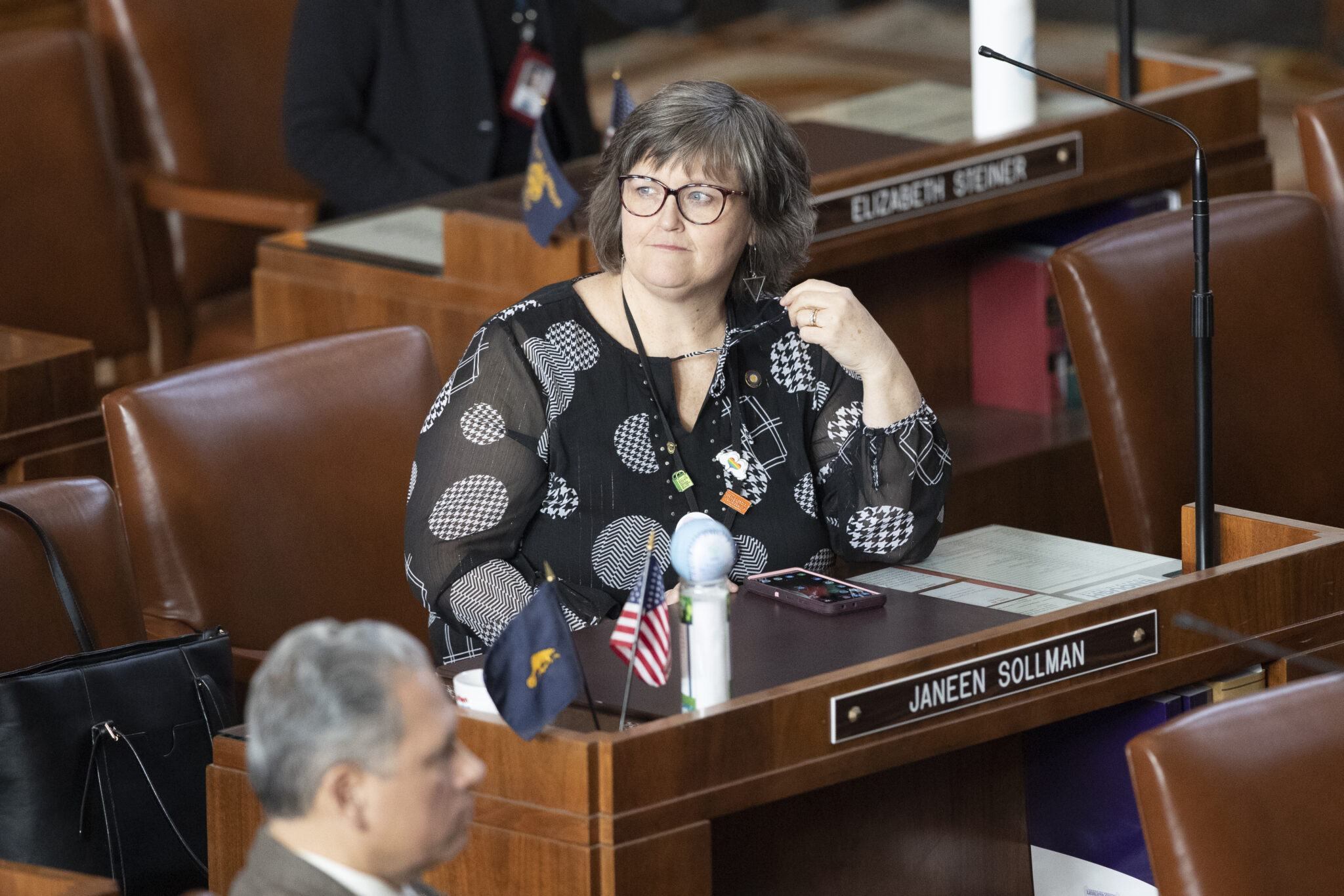Merkley: More money needed to avert devastating wildfires
Published 8:44 am Friday, May 28, 2021

- Central Oregon wildfire
U.S. Sen. Jeff Merkley says he’s hoping to use his new subcommittee chairmanship to direct federal money toward protecting and improving the nation’s vast public forests.
Given the 2020 Labor Day wildfires that ravaged Oregon, and the future prospect of a drier climate in the Northwest and elsewhere, Merkley said there’s plenty of work to be funded.
“We know that these more aggressively destructive fire seasons are going to keep coming our way,” he told reporters on a conference call Thursday, May 27. “Fire seasons are getting longer, forests are getting drier, so we have to do a lot more at the front end to try to reduce the ferocity of those blazes. That means a lot more forest management and prescribed burns — and a lot of good jobs.”
The Oregon Democrat spoke the day after he convened a hearing of the Senate appropriations subcommittee that oversees budgets for the Interior Department and related agencies, including the Forest Service, which is part of the Agriculture Department. Among the witnesses was Forest Service Chief Vicki Christiansen.
Merkley took over as subcommittee chairman four months ago, when Democrats became the Senate’s majority party with the tie-breaking vote of Vice President Kamala Harris. He sits on five other appropriations subcommittees, including agriculture.
“I took the chairmanship to make the case for much more substantial investments in forest management, to support and increase fire resilience, and to have the best policies possible for the forests in fighting climate chaos,” he said.
Funding priorities
Among his priorities are boosting spending on forest collaboratives and specific work to reduce wildfire threats, such as forest thinning and prescribed burning.
Merkley secured a doubling of spending authority, from $40 million to $80 million annually, in the 2018 farm bill for collaboratives. They draw together disparate interests — timber industry and environmental groups — to find ways to restore forests. But Merkley said his next goal is to get Congress to approve full funding for them in the federal budget for the coming year.
Merkley also said he wants to boost spending on forest management by $1 billion annually through work, such as thinning and prescribed burning, to reduce the prospects of catastrophic wildfires. He said such work kept the 2017 Milli fire, a lightning-caused blaze that still consumed 24,000 acres, from reaching Sisters in Central Oregon.
Oregon has more than 2 million acres ready for such work, he said, “yet we don’t have the money to actually do the treatment.”
Under questioning by Merkley, Christiansen said it boiled down to the lack of money to pay for projects. Merkley said forest land close to cities — the so-called urban-wildland interface — could be identified for priority projects.
Merkley also said he would like to see President Joe Biden consider such work as vital infrastructure under Biden’s proposed American Jobs Plan.
Merkley made two statewide swings after the 2020 Labor Day wildfires. He said he senses a change in public attitudes toward prescribed burning.
“It used to be that people said make sure there aren’t any prescribed fires burning, because we don’t like the smoke coming down here,” he said, “Now with the intensity of the fires we’ve had, the general sense has been that we are happy to tolerate a little bit of smoke now if that makes our town much safer and reduces the odds of smoke and bad fires come fire season.”
‘More of everything’
Asked whether he thinks federal agencies are prepared if there are similarly devastating wildfires this year — drought is prevalent in much of Oregon and the West — Merkley said there would never be enough help available if wildfires were that widespread.
“When we are having fires burn because of similar conditions and similar storms starting fires in multiple states at once, I think we are always going to wish we had more tankers, more people, more of everything,” he said.
He said the current federal budget contains money for training of National Guard soldiers to serve as backup forest firefighters. The Guard played a similar role in the 2020 Labor Day wildfires.
“I want to make sure those teams are ready,” he said. “Last year they were short of experienced crew leaders. That was a challenge of too many fires at once across the country.
“When we’re sending out teams to fight fires, we have to have experienced leaders in order to protect the lives of the crew.”
Forest firefighting is divided between the Oregon Department of Forestry — which also protects public lands overseen by the federal Bureau of Land Management — and the U.S. Forest Service.
Merkley mentioned an unpublished federal study that projects a dire future for the Northwest’s forests — that they will disappear by the end of this century — as they face a drier climate, longer fire seasons and insect infestations.
A study by the University of Washington in cooperation with federal agencies, published in 2020 before the devastating wildfires later in the year, did warn of serious consequences by midcentury. “Starting the process of adapting to those changes now will give us a better chance of protecting forest resources in the future,” said David Peterson, a professor at the School of Environmental and Forest Sciences.
Merkley said: “We really have to pay attention to forest management.”





